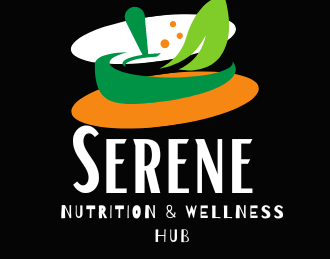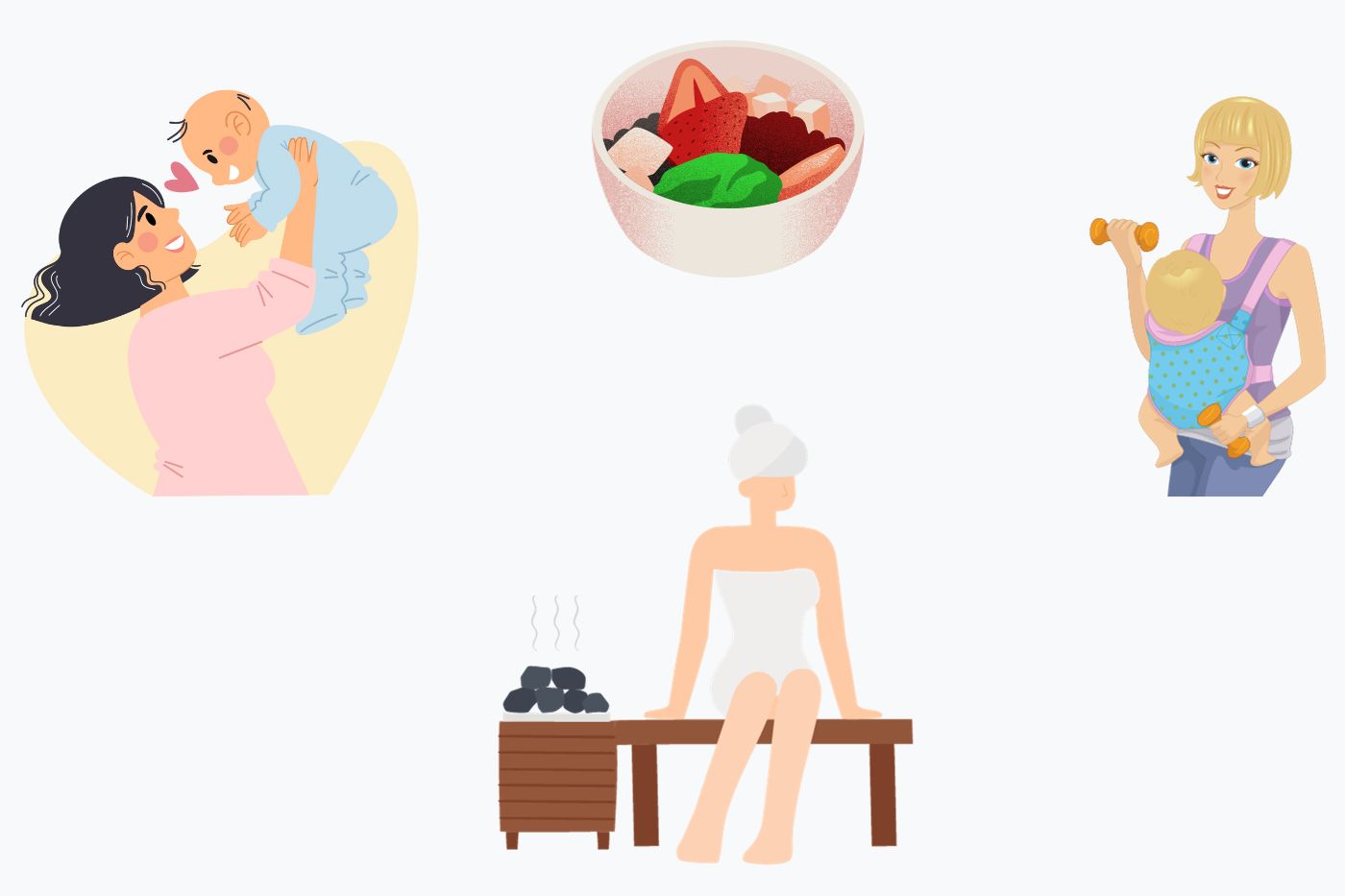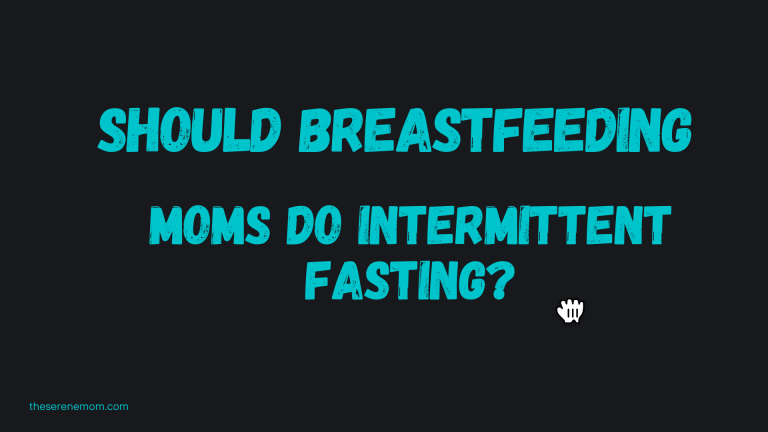How to Take Care of Yourself after Giving Birth
The days and weeks after delivering your little bundle of joy can be draining, demanding, and overwhelming. The newborn becomes your priority, and you may forget yourself. After all, motherly instincts dictate prioritizing others more and sometimes to our detriment.
According to the National Library of Medicine, 1 in 7 women gets postpartum depression, which can be one of the adverse effects of neglecting yourself. With that, we can be more motivated to take care of our physical, mental, and emotional well-being.
How to Take Care of Yourself After Giving Birth
Here are a few things you could do to ensure you recover fully from delivery.
1. Get Lots of Rest
Whether you had a vaginal delivery or cesarean section, your body has been overworking for the last 9 months and climaxed with the delivery process. As such, it needs enough time to rest to repair and recover from the hard work.
It can sound ironic since too much needs to be done. But it was not meant to be easy and effortless. You’ve to be intentional, prioritize your needs, and rest. This would mean:
- Sleeping when the baby sleeps
- Expressing milk and letting someone else feed the baby as you rest
- Reducing the number of guests until you’re fully recovered
Postpartum is not the time to try and do it all. If your baby and you (if you don’t have another child) are okay, the rest of the things can be done later.
2. Walking
Part of taking care of yourself after delivery involves keeping your body active so that there’s better blood flow and relaxation.
For CS moms, walking is one way to prevent blood clots (a major risk associated with CS).
Wondering how to walk with a painful and uncomfortable wound?
Well, walking around your house and avoiding sitting for long hours is enough. Don’t just lie on the bed. Walk to the balcony, breathe fresh air, and beat the mom fog.
Go to the kitchen, pick your meals, and you are good to go.
Pro tip: Don’t over it – just enough to keep your body active.
3. Eat a Balanced Diet and Properly Hydrate
At this stage of your life, your baby and you are what you eat. So you cannot afford to be careless about your meals. You should focus on nutrient-dense foods that meet your daily dietary needs and that of your little one.
Ensure you have enough roughages to prevent constipation.
Proteins are important for building your muscles, while vitamins in fruits and vegetables ensure a speedy recovery, body repair, and improved immunity. Check your carbs intake to ensure you’ve adequate amounts to supply you with the energy you need daily.
Also, hydrate frequently to ensure your body’s optimum performance and sufficient milk supply. You could take:
- Smoothies
- Soups
- Tea
- Water
- Home-made juices
Minimize your intake of highly processed foods and low-calorie drinks such as soda. Besides supplying little to no nutritional value, they also predispose you to obesity and lifestyle diseases. The right choice will speed up the recovery process, enhance the quality of your life and give the baby the required nutrients.
4. Take Supplements
How to take care of yourself after delivery also incorporates helping your body recover fully and gain almost a pre-pregnancy state or better.
When the body needs more of a particular nutrient during a specific stage, like breastfeeding, feeding cannot supply all the required nutrients. As such, supplementation ensures the daily amounts are met.
Some of the major supplements you need include iron and calcium.
- Iron helps increase the blood count following the loss of blood during delivery
- Calcium ensures healthy bones, teeth, and hair. It also helps the bone development of the baby
Always talk to your doctor about the right supplement to use, depending on your health.
5. Family and Social Support
The motherhood journey is characterized by highs, lows, uncertainties, fatigue, and sometimes unexplainable stress. But it’s understandable. Your body has taken in too much to make and deliver a healthy baby.
To successfully go through the post-delivery stage, you need the support of your family – spouse, siblings, parents, and close friends. These ones can step in when you need to rest, go to the clinic, run some errands or even chat with someone without judgment.
Join online communities of fellow moms. Here you’ll find answers to your questions, support, and encouragement when you need to understand what’s happening.
One such group I found helpful during my journey is Baby Center. It also has birth month clubs where moms delivering the same month catch up and walk the journey together as they ‘compare notes.’
6. Honor your Checkups and Clinics
There are routine hospital visits for your baby and yourself. Even when you don’t feel great, or you’re too tired to go, don’t give in to the urge.
When you go for your first postpartum checkup, the doc will check and ensure your CS wound, perineal tear, or vagina is healing properly. They will examine you for abnormalities and recommend the best action.
Visiting the hospital ensures your baby is cared for to be at his/her best to give you an easier time.
And it’s this time you could ask questions related to your health.
7. Ask for Help
Maybe you’re the mom who loves perfection, but this is not the time to do things by yourself. Your body is weak and time is limited. So, seek help and delegate everything you can – from lifting furniture, laundry, and cooking.
When possible, give yourself a few weeks or until you feel your body a bit restored to resume taking care of responsibilities. It’s okay not to have it all together, at least for now.
Frequently Asked Questions
What should I avoid after giving birth?
You should avoid unhealthy foods and drinks, lifting heavy things, heavy exercises, too many guests, overworking, and activities that drain your mental energy.
How do I take care of myself after normal delivery?
You can take care of yourself after normal delivery by walking around the house, sleeping as much as possible, hydrating enough, eating enough roughage, and getting enough social support.
How long should you rest after giving birth?
You should rest for up to 12 weeks or more, depending on your circumstances. After that, you can work up to six months part-time as the baby exclusively breastfeeds.
What is the fastest way to recover after giving birth?
The fastest way to recover after birth is to eat enough healthy foods to supply all the required nutrients. Also, resting, walking, hydrating, and following the doc’s recommendations are essential.
Peace of mind and a supportive environment also play an important role in speeding up recovery.
What three activities are good for a mother after giving birth?
The three activities that are good for a mother after giving birth include walking, feeding, and resting.


